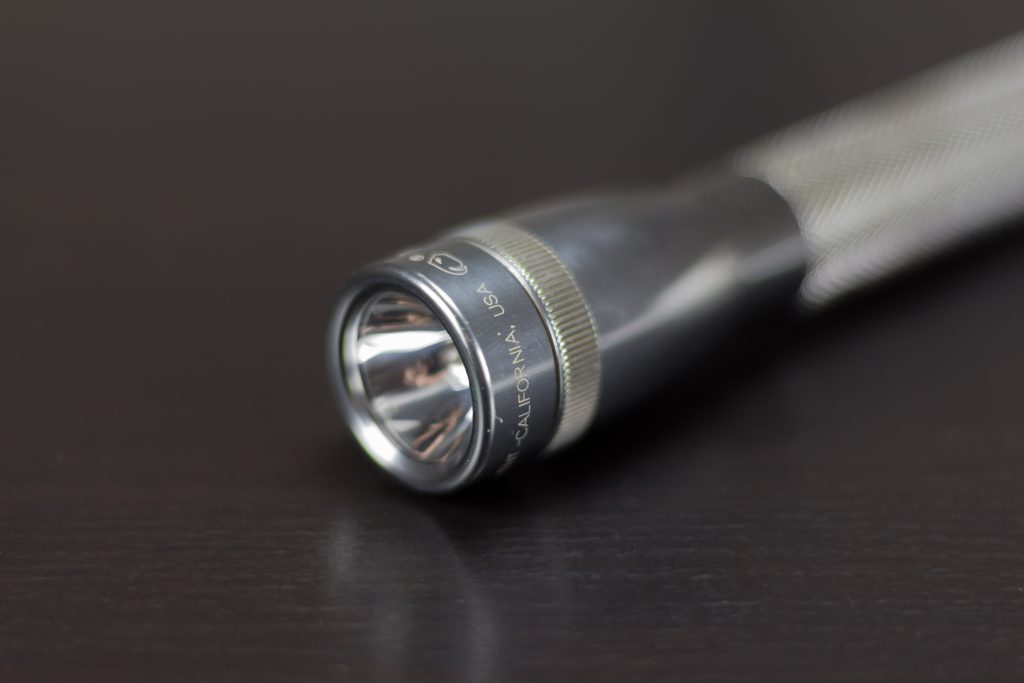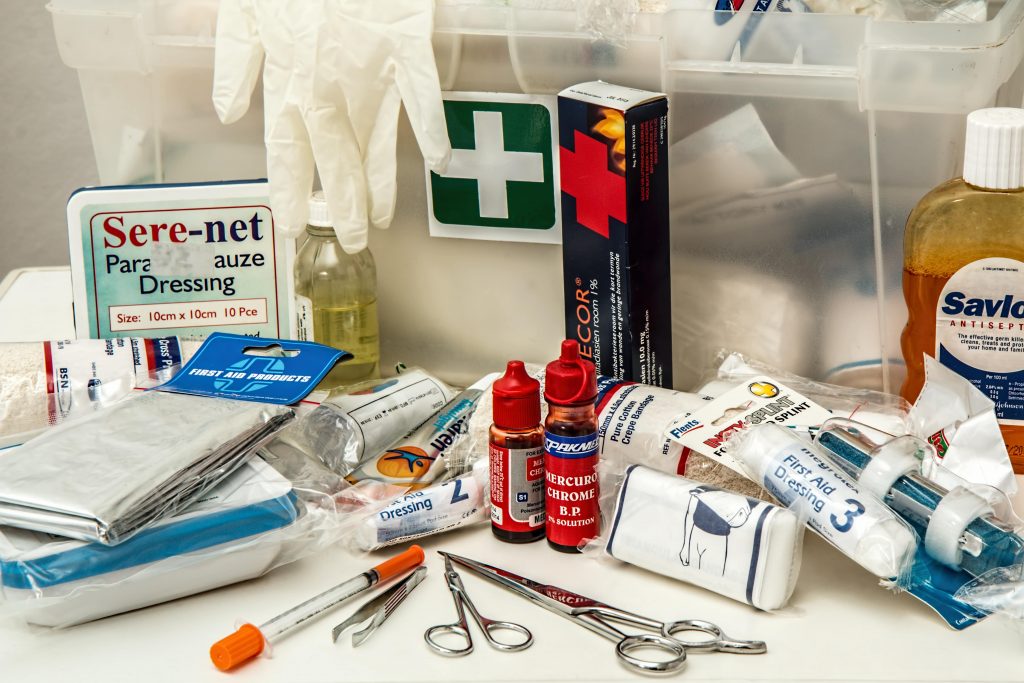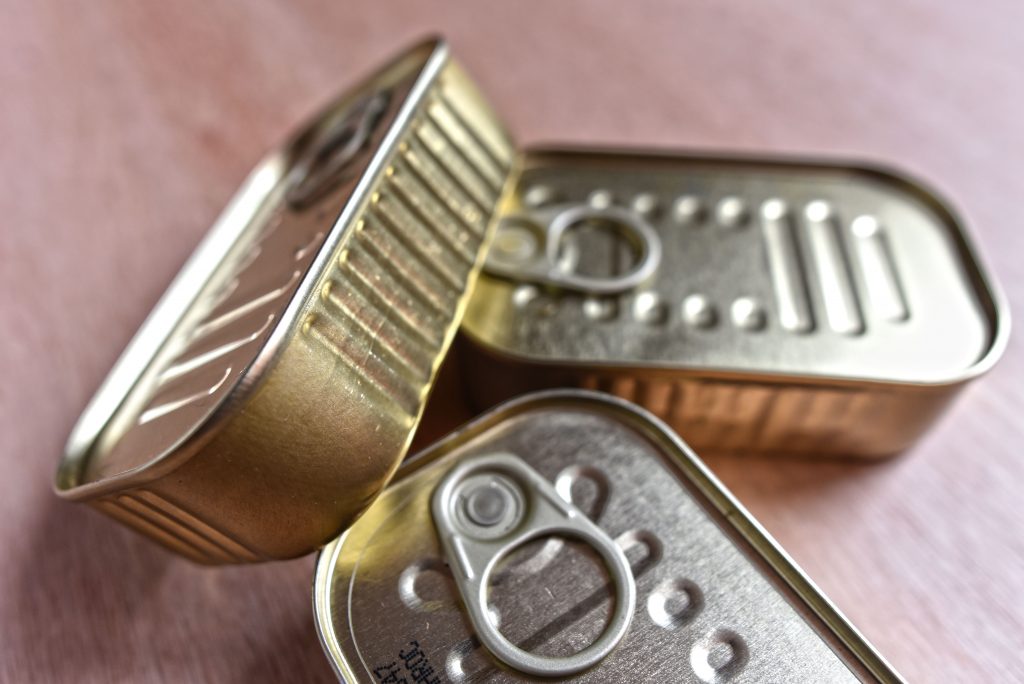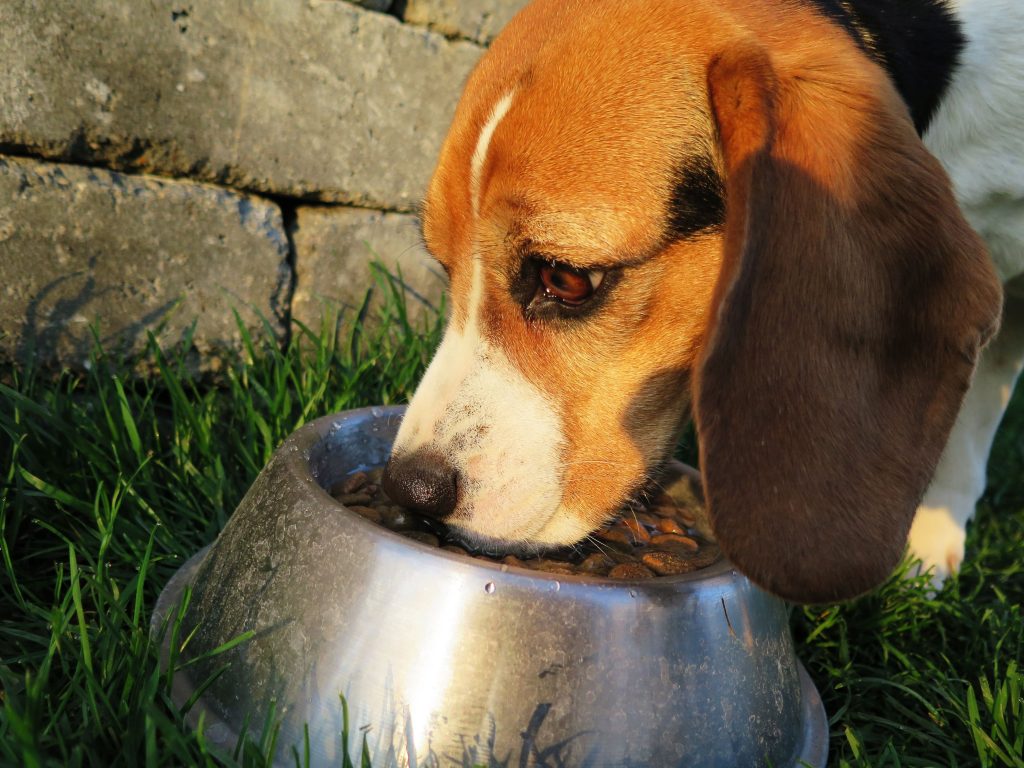BCIC: Home Emergency Essentials | Home Safety Kit

By BCIC JAMAICA
Disasters can come at any time, so it’s important as a homeowner or tenant to have an emergency home safety kit at hand. Hurricanes, flooding and earthquakes are the most common disasters that affect the Caribbean, according to the Office of Disaster Preparedness and Emergency Management (ODPEM), but droughts can also result in loss of shelter, inaccessible or limited food, water and other basic amenities. That’s why it’s important to create home emergency kits that can help you and your loved ones through unfortunate events.
Here are some items to include in your home emergency kit:
Standard Supplies
Ensure that you have candles, flashlights and battery operated or hand-cranked radios. Check to make sure that these items are working and always keep a supply of additional batteries in case of emergency. Here’s a tip: You can include a whistle that can be used as an alert system for emergency response. Always ensure you have a box of matches in case you need to light something! Other basic items include duct tapes, scissors, blanket/sleeping bags and gloves.

Clothes
Always have extra clothing in a “go bag” or in the car, so that if you have to evacuate, you will have more than the clothes on your back. Remember to have waterproof coats and boots to help you weather the storm!
Medications and First Aid Kit
Consider the needs of all family members. Ensure that medication, medical supplies and other necessities are in your safety kit. Some items to include are hearing aids, glasses, contact lenses, syringes, alcohol, band-aids, painkillers, anti-inflammatory medications, and soothing ointments.

Sanitation and personal hygiene items
For babies, ensure you stock up on baby supplies (bottles, wipes and diapers). Remember to also pack towels, rags, soaps, as well as feminine and masculine hygiene products.
Food
Ensure you have non-perishable food items that are easy to prepare. Here’s a tip: Buy a manual can opener. Have babies and toddlers in the house? Then remember to stock up on baby food and formula! Check that the expiry dates on these items are at least six months to a year from when you are packing and recheck them every six months or so.

Water
In many cases, when there is a natural disaster, there are usually water lock offs. That’s why it’s important to have a water storage system like a water tank in place before disaster strikes. Here’s a tip: During a water lock off, use water sparingly or allocate one gallon per person, per day (3-day supply for evacuation, 2-week supply for home). Remember to purify drinking water using household chlorine bleach with nine parts to one part bleach or by boiling the water.
Storage
Keep a safe to store important personal documents. Here’s a tip: You can also store medical information, birth certificates, passports, insurance policies, deed/titles, proof of address and other relevant documents in zip-top bags and put the bags in an area that is secluded, but easily accessible. Ensure everyone in your family knows where to find these documents.
Emergency contact
When disasters strike, it can be hard to get in touch with family members and friends, so make sure that everyone in your household knows the emergency response numbers as well as emergency contact numbers for all who live in the house. Here’s a tip: Keep a cell phone charged and with credit at all times.
Other items
Decide on the other essential items that you need based on your own circumstances and include them in your home safety kit. Here’s a tip: Pet Owners, ensure you have a supply of pet food (preferably tinned) and water. Keep pets safe in a sheltered area.

Disasters and emergencies can happen at any time but knowing what to include in your emergency safety kit can do wonders! We encourage you to create a home safety kit with your family because knowing that you are prepared in case of an emergency or disaster is the BEST FEELING!

Contributed by British Caribbean Insurance Company (BCIC), an exceptional insurance solutions company that offers coverage for auto and home insurance. With more than 55 years of experience in the industry, BCIC continues to give its customers the BEST Feeling.
